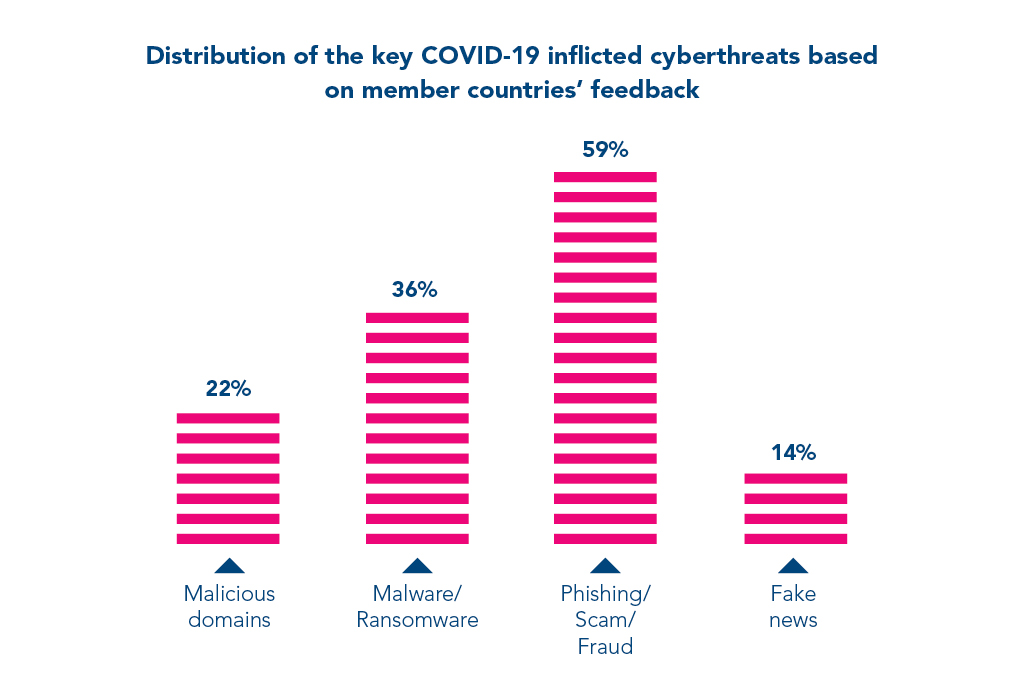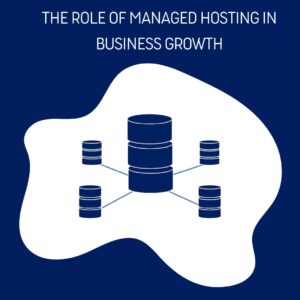Quoting from the IT Web article titled “Survey Finds Top Corporations Look to Outsource Application Development,” we’ve uncovered some major news in the world of app development. An eye-opening report shows that a whopping 88% struggle with app stability, while shockingly, only 2% get their systems done on time and within budget. And get this – a massive 81% are stuck with ongoing app headaches. Uskotec, part of the USKO group, has dropped a bombshell – South Africa’s top 200 companies are eyeing outsourcing for their software needs. Let’s dig into this shift, weighing the pros and cons of keeping it in-house versus going external as businesses navigate the tricky world of app development.

If you find yourself considering outsourcing your software project or have a brilliant app idea but are unsure whether to opt for an in-house team or a remote agency, we’re here to assist you. Let’s guide you through the analysis of crucial factors such as cost, data security and communication.
Cost Efficiency
When it comes to comparing the costs of outsourcing your software project, you’ve got two options: a remote agency or an in-house team. Choosing a remote agency often means saving costs since you don’t need to set up your own office and deal with extra expenses. These agencies might also be in places where labor costs are lower, which can be a money-saver. On the flip side, having an in-house team might mean spending more upfront on things like office space, tech, and hiring skilled people. But in the long run, it can give you more control over costs and direct supervision. To make the best decision, you should think about things like how complex your project is, how long it’ll take, and what ongoing support you’ll need. Both options have their money matters, so it all comes down to what fits your project and budget the best.
Data Security
When comparing data security in outsourcing a software project to a remote agency versus an in-house team, recent insights from INTERPOL underscore the heightened importance of cybersecurity in the evolving landscape. INTERPOL’s assessment of COVID-19’s impact on cybercrime revealed a significant surge in cyber threats targeting critical infrastructure, governments, and large organizations. Between January and April 2020, they identified 48,000 malicious URLs, 907,000 spam messages, and 737 malware incidents linked to the pandemic. These alarming statistics emphasize the critical need for organizations to prioritize ongoing staff training, particularly when employees are working remotely. Whether collaborating with a remote agency or managing an in-house team, maintaining robust security measures and fostering a culture of cybersecurity awareness is paramount to safeguarding sensitive data in an increasingly interconnected and digital environment.

Remote software agencies pose cybersecurity risks: unsecured connections, phishing scams, and a lack of awareness. Device management issues, insufficient updates, and data storage on personal devices may lead to breaches. Employee turnover risks data misuse, while monitoring challenges make systems vulnerable. Compliance issues arise, demanding stringent security measures for remote data access. Cloud security concerns highlight the need to assess providers thoroughly.
Communication and Collaboration
Companies often outsource to save costs, especially by hiring software developers from countries where labour is cheaper. However, this can hinder communication and collaboration. Time zone differences may disrupt real-time collaboration, slowing project progress. Additionally, language barriers and cultural differences can further complicate effective communication with offshore software teams.

In-house teams facilitate seamless collaboration and communication within a company. Members can readily interact, fostering knowledge exchange, idea generation, and problem-solving. This enables real-time collaboration, swift decision-making, productive feedback loops, and streamlined development cycles. Such seamless interaction with in-house teams cultivates a cohesive and unified approach to development.
In conclusion, the choice between in-house and remote agencies is nuanced and should align with the specific needs and aspirations of each project. A careful evaluation of the project’s intricacies, budget constraints, and the importance of cybersecurity will guide organizations towards a decision that best suits their unique circumstances.
References:
- IT Web: Survey finds top corporates look to outsource application development
- Source: IT Web
- Happiest Team: Remote vs In-house developers
- Source: Happiest Team on LinkedIn
- Interpol: Interpol report shows alarming rate of cyberattacks during COVID-19
- Source: Interpol
- Scrum: Introduction to daily Scrum
- Source: Scrum.org






